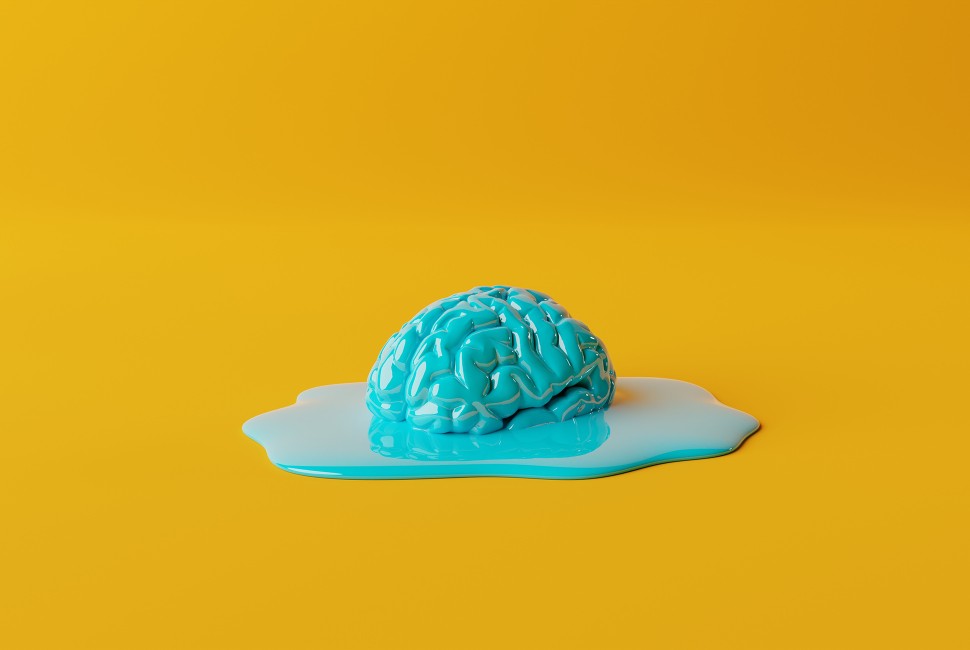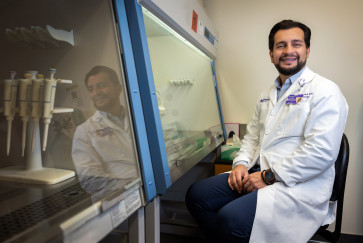Through regular trips to the doctor, we all know our blood pressure and cholesterol levels.
But what about our thinking skills? Though it is not part of our regular care, we all should be tested to get a baseline of our brain and cognitive health once we reach our 50s and 60s, Northwestern Medicine dementia experts Sandra Weintraub and Tamar Gefen say.
Weintraub is a neuropsychologist and professor of psychiatry and behavioral sciences at Northwestern University Feinberg School of Medicine. Gefen is a scientist who studies dementia and is an assistant professor of psychiatry and behavioral sciences at Feinberg.
The two explained recently to Northwestern Now the importance of getting a measure of cognitive health in order to recognize and treat decline as we age.
Where you stand, where you’re headed
“All of us go to the doctor every year, and we know our blood pressure and heart rate, our sugar levels and bone density,” Weintraub said. “But at no time are we ever told what our baseline cognitive functioning is. Because we know aging can bring potential problems with your thinking abilities, it is very important to know how a person is functioning even in their 50s or 60s. That way when those age-related changes start to occur, we have a baseline to know if you have changed or not.”
Earlier is better
“With the advancements in some of the research and the ongoing clinical trials to prevent Alzheimer’s disease, it’s been shown that earlier intervention is going to be critical,” Gefen said. “That’s why it will be important to test for cognition earlier, even before the disease actually takes effect.
“Just like a colonoscopy or cancer screen or blood test we would take to measure physical health, equal emphasis should be given to brain and cognitive health. Especially over age 80, we know the prevalence of cognitive impairment is extremely high in the general population.”
Know your own risk and take action
“You get into big time trouble if you do nothing about it or ignore it,” Weintraub said. “If you know you are going down the slippery slope, you can make plans. We know we can slow down decline. Lifestyle changes matter. Eating a heart-healthy diet, exercising and treating depression make a difference. Also, treating sleep apnea, which can blow your memory out of the water. Know what your risk is.”


